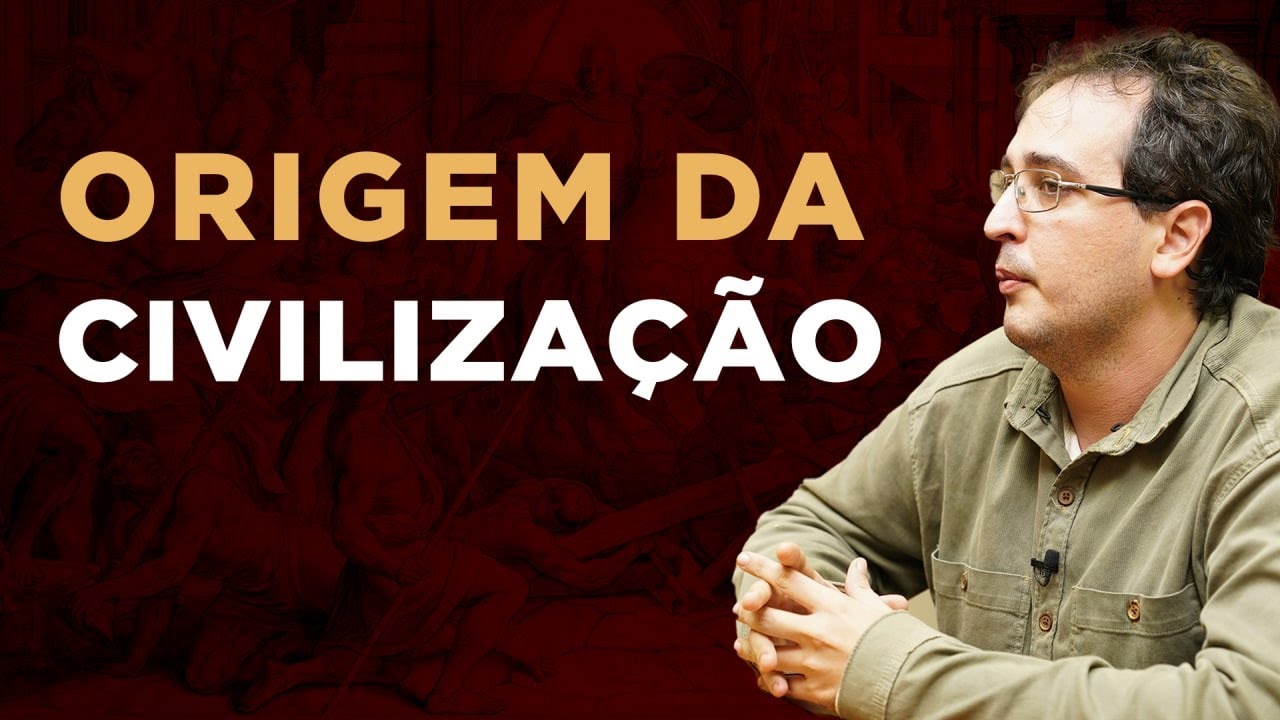56 Yıl Önceki Deney Bugünü Nasıl Öngördü?
Summary
TLDRThis script delves into the behavioral experiment conducted by John Calhoun in 1968, exploring the effects of overpopulation on social structures. As the population of lab rats increased in an ideal environment, abnormal behaviors like aggression, apathy, and social withdrawal emerged, eventually leading to the collapse of the colony. The script draws parallels between these findings and current societal issues, suggesting that overpopulation and resource scarcity may lead to similar behavioral degeneration in humans, with implications for social unrest and a decline in moral and ethical standards.
Takeaways
- 😔 The script discusses a sense of increasing aggression and indifference in society, suggesting that people are becoming more apathetic towards injustice and violence.
- 🤔 It raises questions about whether people feel alienated in society and if their relationships are filled with conflict and misunderstanding.
- 📚 The script references a 1968 experiment by John Calhoun, an American behavioral scientist, which involved observing the behavior of Norway rats in a controlled environment designed to be a utopia.
- 🐀 The 'Universe 25' experiment aimed to understand the effects of overpopulation on rat behavior, noting abnormal behaviors emerging as the population grew.
- 🔄 The experiment observed various groups of rats with distinct behaviors, such as passive individuals, aggressive 'alpha' males, and others displaying abnormal sexual behaviors.
- 🚫 The 'beautiful ones' group detached from social and reproductive activities, focusing on self-care and narcissistic behaviors amidst the chaos.
- 💔 As the population increased, female rats exhibited significant behavioral changes, leading to social and reproductive dysfunction, and even aggressive behavior towards their offspring.
- 📉 The experiment ended prematurely after one year due to the rapid decline in population and the inability to reach the expected number of 3,000 rats.
- 🏚️ Calhoun concluded that as population density increased, the social structure of the colony collapsed, leading to violence, reproductive issues, and isolation.
- 🌐 The script draws parallels between the experiment's findings and current societal issues, suggesting that overpopulation and societal stress can lead to similar behavioral patterns in humans.
- 💭 It ends with a contemplation on whether society can revert to normalcy, implying that the consequences of our actions and the state of our social structures may be irreversible.
Q & A
What was the name of the experiment conducted in 1968 in Maryland, USA?
-The experiment was called 'Universe 25' and was led by the famous American behavioral scientist, John Calhoun.
What was the purpose of the 'Universe 25' experiment?
-The purpose of the 'Universe 25' experiment was to observe the behavior of Norway rats in a utopian environment where all their needs were met.
How did the rats' population grow in the initial phase of the experiment?
-The rat population grew rapidly in the initial phase, reaching 40 after two months and 220 after five months.
What abnormal behaviors were observed in the second and third generations of rats in the experiment?
-The second and third generations of rats exhibited abnormal behaviors such as social withdrawal, aggression, and unusual sexual behaviors, including pansexuality and narcissistic grooming.
What was the name given to the group of dominant male rats in the experiment?
-The dominant male rats were referred to as 'Alphas' in the experiment.
What was the term used for the group of rats that showed passive behavior?
-The group of rats that showed passive behavior was termed 'The Withdrawn'.
What happened to the rats' reproductive behavior as the experiment progressed?
-As the experiment progressed, the rats' reproductive behavior became disrupted, with some females refusing to mate and others showing aggressive behavior towards males.
What was the term used for the group of rats that exhibited pansexual behavior?
-The group of rats that exhibited pansexual behavior was referred to as 'The Pansexuals'.
What was the outcome of the 'Universe 25' experiment after 608 days?
-After 608 days, the 'Universe 25' experiment ended with the death of all rats, and the failure of the colony to reproduce.
What did John Calhoun conclude about the social structure of the rat colony as the population density increased?
-John Calhoun concluded that as the population density increased, the social structure of the rat colony collapsed, leading to violence, reproductive imbalance, and isolation.
How does the script relate the findings of the 'Universe 25' experiment to modern society?
-The script draws parallels between the behaviors observed in the rat experiment and current societal issues, suggesting that similar patterns of aggression, apathy, and social disintegration may be occurring in human populations.
Outlines

Dieser Bereich ist nur für Premium-Benutzer verfügbar. Bitte führen Sie ein Upgrade durch, um auf diesen Abschnitt zuzugreifen.
Upgrade durchführenMindmap

Dieser Bereich ist nur für Premium-Benutzer verfügbar. Bitte führen Sie ein Upgrade durch, um auf diesen Abschnitt zuzugreifen.
Upgrade durchführenKeywords

Dieser Bereich ist nur für Premium-Benutzer verfügbar. Bitte führen Sie ein Upgrade durch, um auf diesen Abschnitt zuzugreifen.
Upgrade durchführenHighlights

Dieser Bereich ist nur für Premium-Benutzer verfügbar. Bitte führen Sie ein Upgrade durch, um auf diesen Abschnitt zuzugreifen.
Upgrade durchführenTranscripts

Dieser Bereich ist nur für Premium-Benutzer verfügbar. Bitte führen Sie ein Upgrade durch, um auf diesen Abschnitt zuzugreifen.
Upgrade durchführenWeitere ähnliche Videos ansehen

Eksperimen Memprediksi Kepunahan Manusia Lewat Tikus? Universe 25 | Learning By Googling #126

猿に貨幣社会を導入するトンデモない実験をした結果【岡田斗司夫 / サイコパスおじさん / 人生相談 / 切り抜き】

The Universe 25 Mouse Experiment

Interesting Psychology! The Little Albert Experiment (live footage)

A origem da civilização cristã e sua atual crise - prof. Mateus Lima

A Class Divided - Brown Eyes Blue Eyes Experiment
5.0 / 5 (0 votes)
